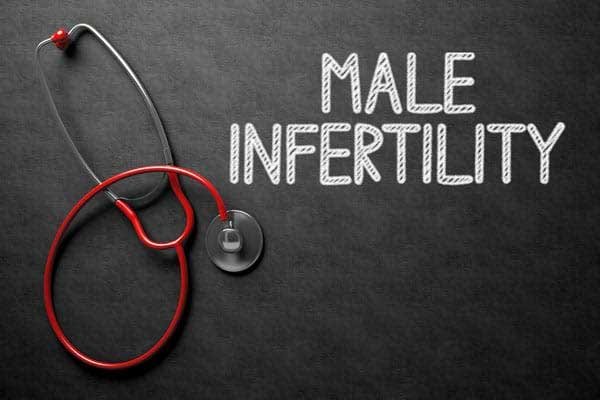One of the fields in which the best sexologist in Delhi has accumulated the most experience is the study and treatment of the male with infertility.
The philosophy of Dr. P K Gupta is to always carry out a study of the male in all those couples that consult for infertility and in those that are:
- Altered seminogram
- Erection or ejaculation problem as a cause of infertility
- Genetic or family disease
In most couples, a male assessment should be made prior to any technique of assisted reproduction. The reasons that make us think so are the following:
- Many of the causes of male infertility can be treated so that it is possible to solve the problem of the couple permanently. We believe that it is a better solution to solve the cause that conditions infertility (and expect to have a pregnancy in a natural way) than to achieve a pregnancy without having solved the problem presented by the man.
- In many cases, the success rates achieved when treating males are even higher than those offered by “In vitro” Fertilization ( IVF ).
- If the patient presents a severe alteration in the seminal quality, it is convenient to rule out genetic causes for said deterioration. The genetic alterations that the father carries are going to be transmitted to his offspring in the same degree or to a higher degree. These circumstances should be previously known to adopt the most advisable attitude based on the findings and their consequences.
- Sometimes infertility is only the first manifestation of much more serious problems affecting the male: testicular tumor, genitourinary tuberculosis, renal agenesis, etc.
In our experience, better results are obtained than with assisted reproduction techniques in the following situations:
- Reconstruction of vasectomies or vaso-vasostomies
- Treatment of seminal infections
- Treatment of erection or ejaculation problems
- Treatment of hormonal defects
- Varicocele correction in selected cases
When should the male be studied?
The evaluation of males with infertility problems is essential in all cases, even in those in which assisted reproduction techniques are going to be used. The sexologist doctor in Delhi must assess the males with infertility, trying to diagnose the problems that can be solved, which would allow the male to recover his fertility. When assisted reproduction techniques are going to be required, the andrological evaluation will also be necessary to rule out certain (mainly genetic) problems that may exist.
What are the main causes of male infertility?
Until a few years ago the causes that caused male infertility had not been studied in depth. However, advances in the field of sexology have made it possible to find an explanation for three-quarters of male infertility situations, which makes it possible in many cases to act on these causes in order to recover or improve their reproductive capacity.
A large part of cases of male infertility has a specific cause that can be identified. The presence of varicocele (a set of dilated veins around the testicles), infections in the seminal tract (ducts that carry semen from the testicles) and the existence of obstructions in the genital organs explain, together with genetic and congenital factors that they condition the production of sperm, approximately 70 percent of the cases, while the remaining 30 percent of the situations still do not have a known cause.
Some investigations point to different environmental factors such as exposure to radiation, pesticides or toxic substances used in the industry along with smoking as responsible for numerous cases of male infertility in recent decades. However, the exact influence of these factors on the deterioration of semen quality is not known with precision. Except in specific situations in which there has been a continuous exposure over time to high doses of these substances, we can not consider these factors as determinants of infertility.
Thus, in order of frequency, the main causes of male infertility are the following:
- Varicocele (36%)
- Obstructive azoospermia (17%)
- Secretory azoospermia (15%)
- Problems of erection or ejaculation (9%): The problems of erection or ejaculation (absence of ejaculation, the ejaculation of the semen towards the bladder instead of towards the outside, etc.) are the cause of up to 10% of cases of infertility of masculine origin.
- Secretory Oligozoospermia (6.5%):
- Infection of the seminal pathway (6.2%): The seminal pathway is the tube through which the sperm exit from the testicle to the outside. If there is an infectious process at some point along this route, the sperm will have to cross that infected area and this may mean that many will die or be destroyed
- Obstructive oligozoospermia (6.2%):
- Hormonal problems (3.1%): Sometimes male infertility is due to the existence of problems (due to excess or defect) in the sex hormones.
- Unknown causes (16.6%): Despite having followed an adequate diagnostic process, between 15 and 20% of them will not be able to reach a diagnosis of the problem that causes the poor quality of the semen.



